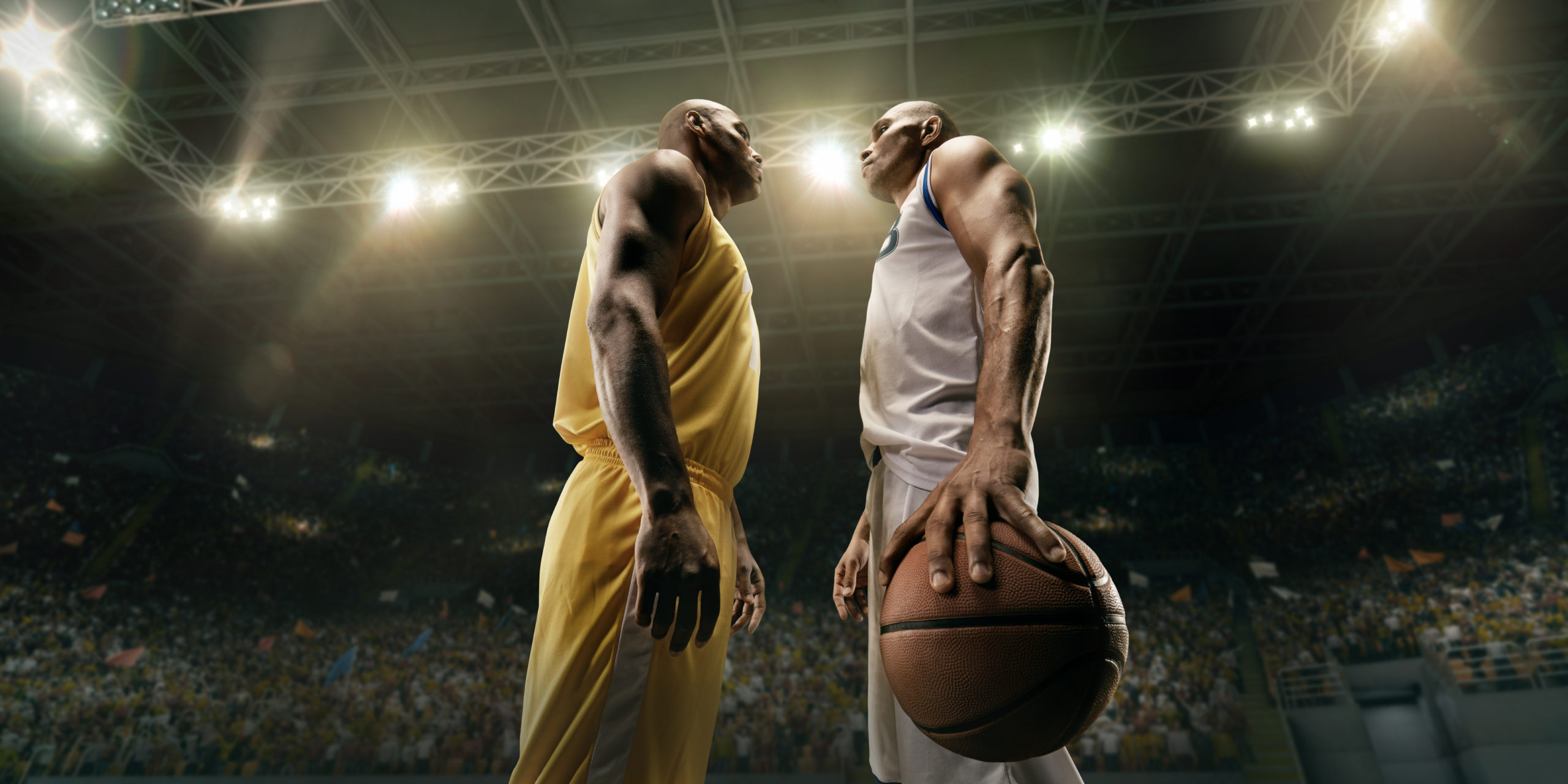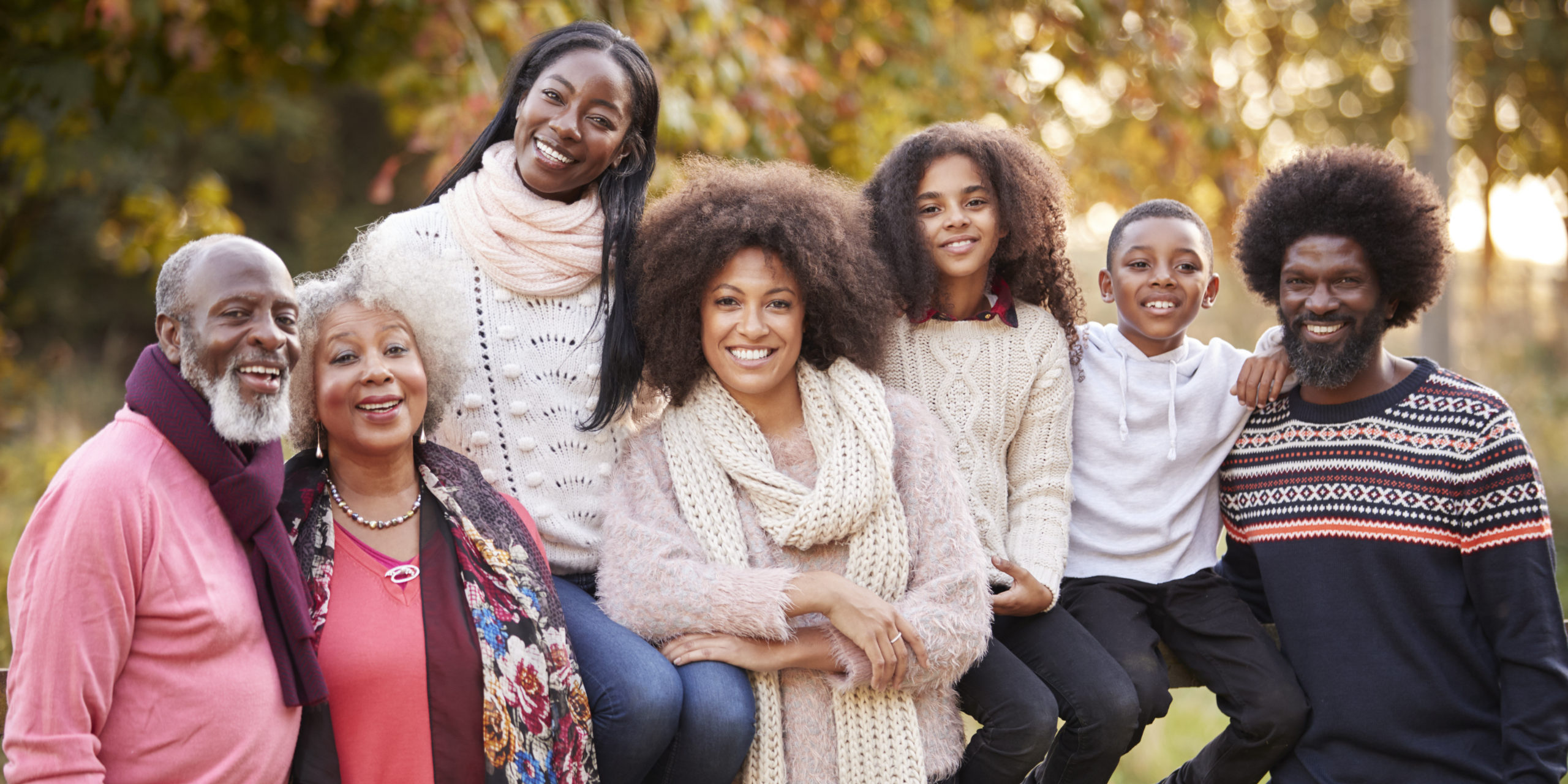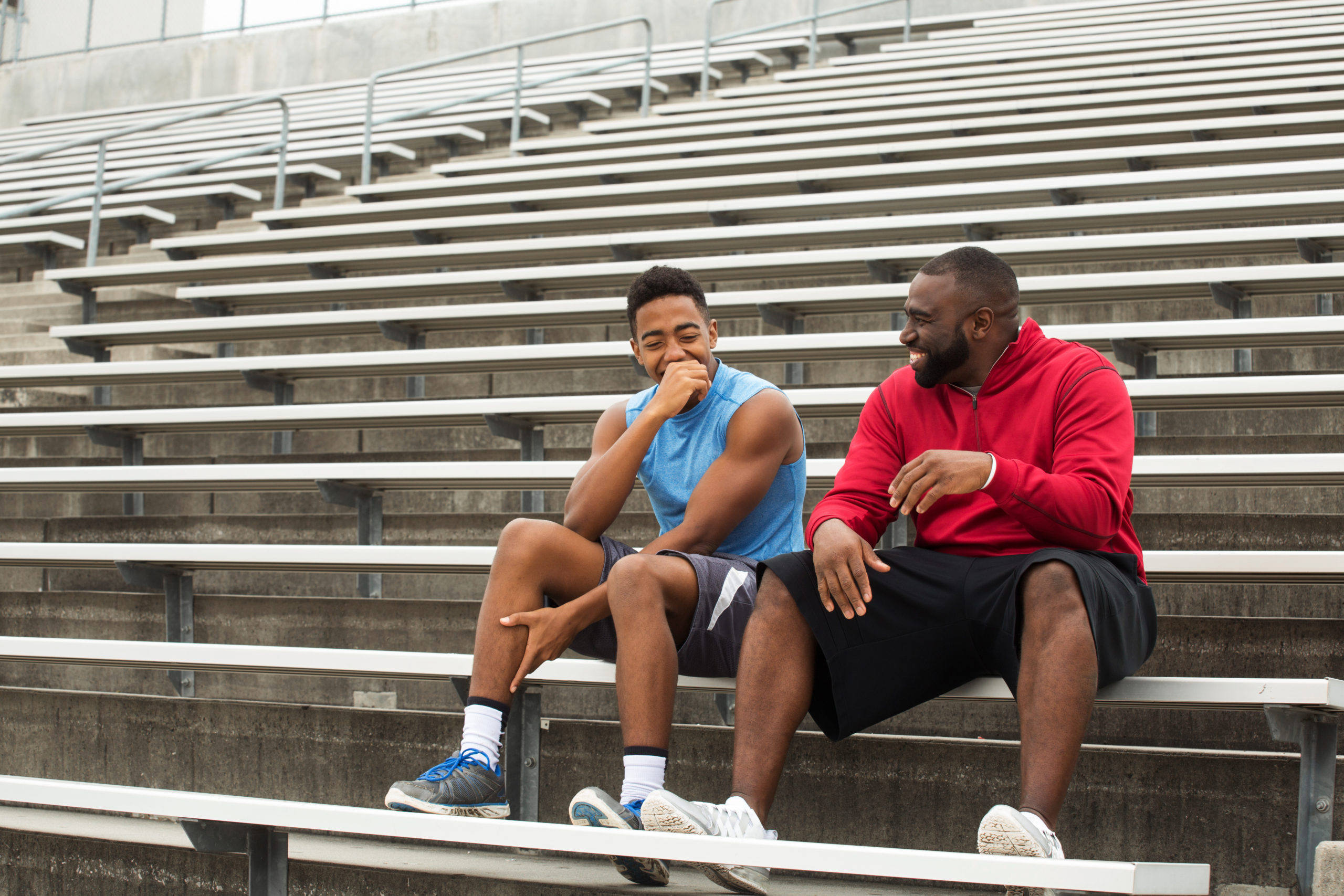What role do you think Historically Black Colleges and Universities (HBCUs) play in modern America?
The way I see it, HBCUs offer a cultural home for African Americans. As long as race plays a role in our society, educational institutions where we can learn from a position of majority will remain critical.
Going to school can be hard even without racial differences complicating life.
I grew up in a Black neighborhood. I went to a Black elementary school and encountered typical childhood challenges.
I fictionalized white people because I didn’t interact with them in any meaningful way. I assumed Caucasians were what I saw on Leave it to Beaver and The Andy Griffith Show. Whites knew everything, dressed well, and solved problems in a sitcom’s half-hour.
But when I hit sixth grade, my school district was integrated. Davidson Elementary School was a 40-minute bus ride from home. Vernon and I were the only two African Americans and sat in class with 23 white kids.
One day the teacher barreled in. “Lamont and Vernon, come here.” He placed his hands firmly on his hips. “Who was doing pull-ups on the bathroom stall? I saw the hands.”
“The hands” of course referred to skin color.
I was innocent. I hadn’t done any pull-ups on the bathroom door. But Vernon didn’t admit to the misdeed. So Vernon and I were both punished.
Three whacks to my bony butt. THWAK! THWAK! THWAK!
Three smacks because I had Black skin, just like mischievous Vernon. The two of us were lumped together because color was the only aspect of hands the teacher recognized.
My skin color, not my actions, caused my punishment. And I became conscious, as I remain to this day, that my experience is different because I am Black.
In middle school, I wasn’t “Lamont.” I was the only African American in algebra. If I failed, I was a reflection on everyone with Black skin.
I attempted to turn my Blackness off. From the way I dressed and talked to the white kid rock music on my radio, I sanitized myself.
Most white kids pretty much ignored me. But Black kids noticed me trying to fit in.
African American students sat together at the same two lunch tables every day. No sign over the benches said ”BLACK,” it just happened the same way every day, year after year.
Except the day I sat at one of the 18 white tables with one of my two white friends, Gary.
There was no reason behind my sitting at a white table. I had talked to Gary before lunch and found myself at his table. My sandwich tasted the same, and no white person said anything amiss.
But the next day, I tried to sit back at the Black table and the girl next to me acidly prodded, “Why don’t you sit with your white friends?” Other African American friends also jumped on me.
To many whites, you’re defined by your skin color. And to some Blacks, you’re a traitor if you try to navigate both worlds.
Racism isn’t just one group hating another. It’s noticing skin before we know a person. Bias becomes intertwined in every aspect of our life, from education to health and healthcare, from business to romance.
Racism is ingrained in our way of life. And only with incredible effort will we effectively manage its destructive economic and cultural impacts.
Knowing race is important isn’t enough.
It was at a Historically Black College that I found the space to process racism, develop strategies for success, and become part of a community that could do something.
At Morgan State University, I was surrounded by Black professors, students, clinic nurses, university presidents, and deans of housing.
I realized that there were Black people who are brilliant. I learned about African American people in clergy, business, and politics.
In my white-centric grade-school textbooks, Black people disappeared after Lincoln freed the slaves and reappeared 100 years later alongside Martin Luther King Jr and his dream.
At Morgan State, I learned that Black folk had accomplished and experienced a lot in between.
I learned about myself in an environment where being Black was neither rewarded nor punished.
During my college years, I was hired to host a radio show. I was thrilled to get a paycheck and be on the air. A Black person hired at a non-Black station was rare.
There was one stipulation. I had to use my “non-ethnic” voice and couldn’t increase my pay with in-person appearances like the other radio talent. “Some of our listeners and sponsors won’t be comfortable with you,” I was told.
At Morgan State, I could talk about that experience. Process it. Such discussion was part of the curriculum. My friends told me, “Get ready for the real world. Appreciate the honesty.”
Not everyone at an HBCU is Black. Many are white, Asian American, or Native American. All races gather where value is delivered.
But the HBCU community is a home for African Americans. And after living years at HBCUs, we know what it’s like to feel respect. We go into the world with that strength, leading our communities toward positive change.
This is where Heritage Sports (HSRN) comes in. We’re the Voice of HBCU sports. We cover the most HBCU matchups. And we feature discussions important to the future of our community on topics like health, business, and education.
At HSRN, we believe it’s critical to bridge our cultural divide. For that reason, we designed the initiative, Extending the Family: Bridging the Cultural Divide Between Corporate America and the African American Community through HBCU Athletic Events.
What will racism look like a decade from now? How can we come together in our Black universities and community to create systemic change? Hit reply and share your thoughts.
And listen to HSRN.com. Enjoy great sports while you awaken your power and engage more deeply with the HBCU family.
Lamont Germany
General Manager
HSRN.com






